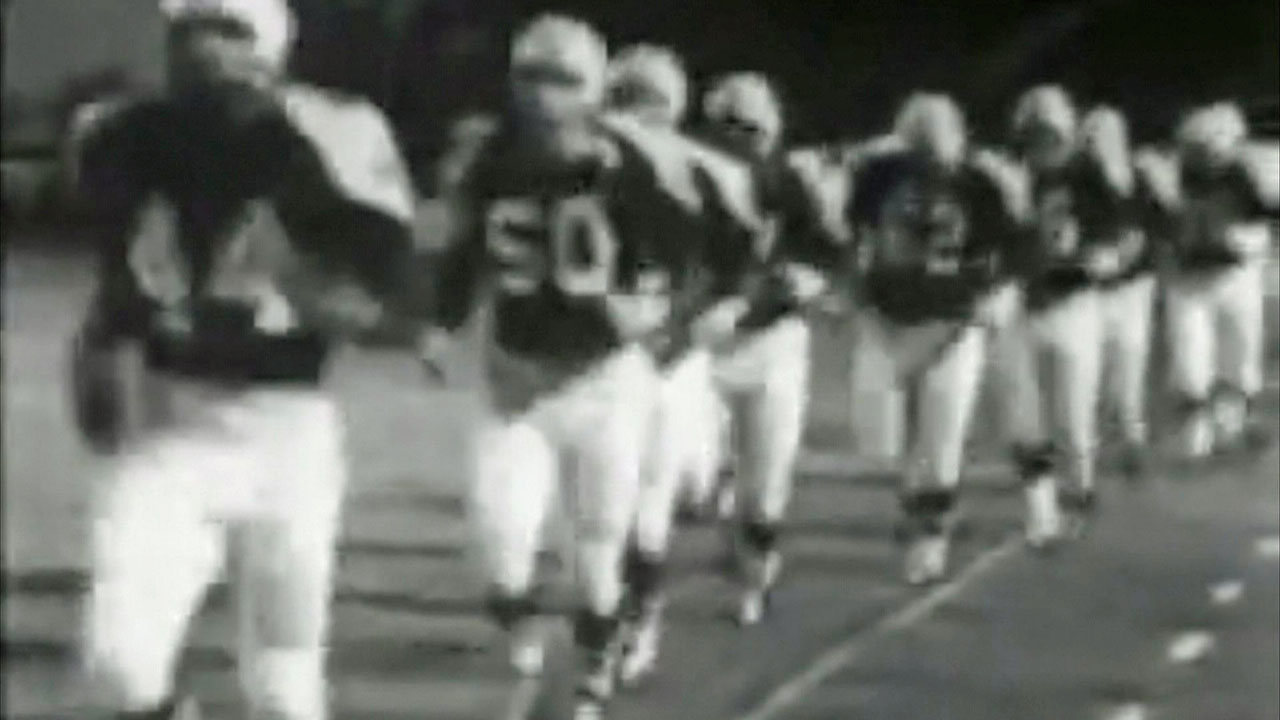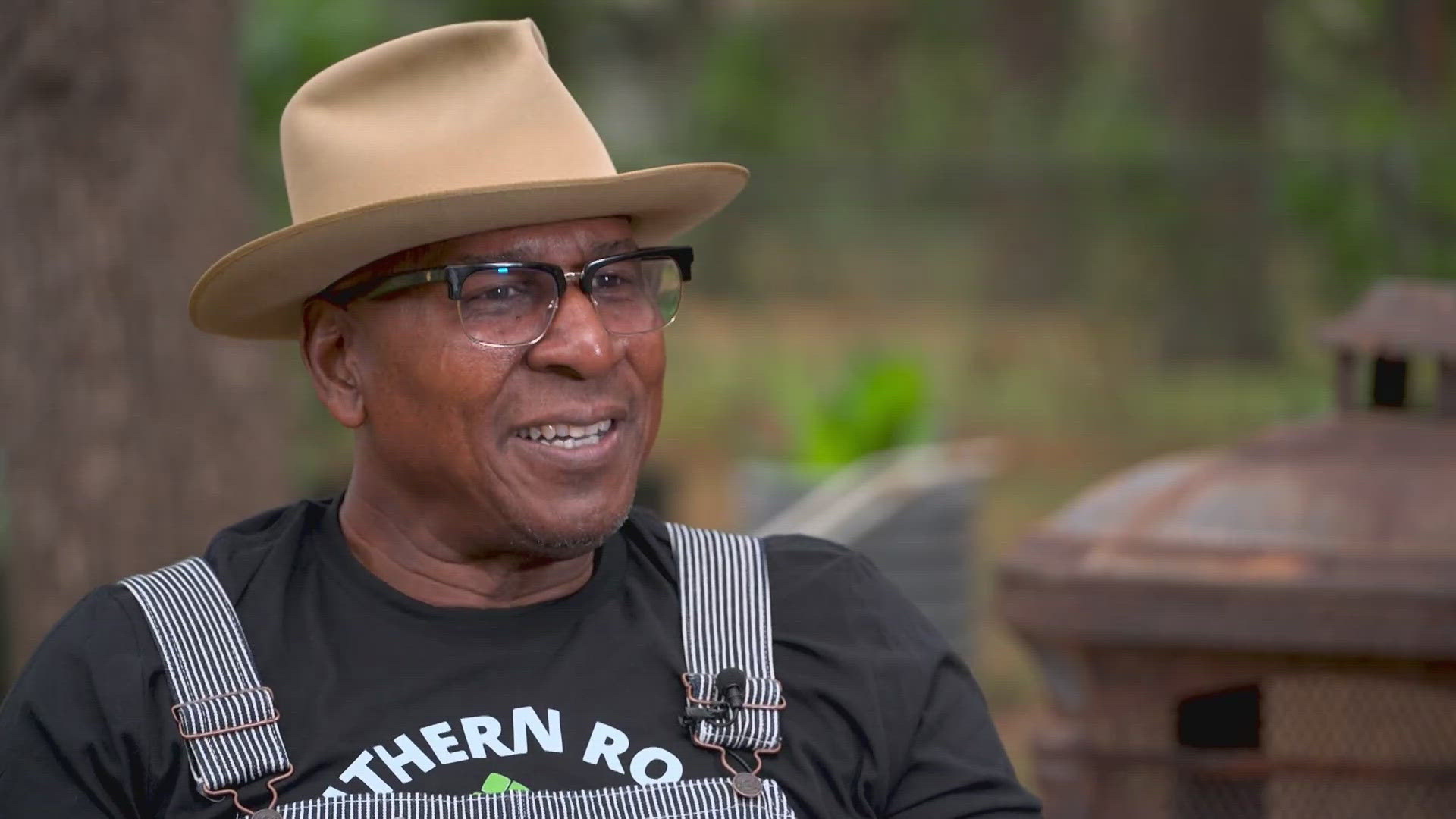DALLAS — The Dallas Cowboys' first decade in the National Football League came during a troubling time.
It was the 1960s, and racial tensions were high. So for players like Rayfield Wright, the birthday of Dr. Martin Luther King Jr. has special significance.
Wright — who is in the Pro Football Hall of Fame — was an offensive tackle for the Cowboys from 1967-1979.
"The first thing that comes to my mind about Dr. King, his mission was to bring more peace," Wright said.
While communities were at odds, Tom Landry, who was the head coach at the time, had the added challenge of not allowing outside differences to become an issue inside the locker room.
"We had to be focused in order to perform and do things that we did," Wright said.
![Former Cowboys remember the segregated 60s[ID=22028223] ID=22028223](http://wfaa-download.edgesuite.net/video/22028223/22028223_Still.jpg) But doing it wasn't always easy. Wright remembers a time when players were not allowed to live in North Dallas.
But doing it wasn't always easy. Wright remembers a time when players were not allowed to live in North Dallas.
"They found me a place to live — but it was in Grand Prairie," Wright said.
Before former Cowboys wide receiver Bob Hayes died in 2002, he said he had the same housing issues that many of his teammates faced.
"In North Dallas — north of Mockingbird — blacks couldn't live in apartments," Hayes said. "I lived in Oak Cliff. I could come out there and score touchdowns, take a shower, and I had to drive back south, South Dallas, the Oak Cliff area. That's the way it was. You played ball; they yelled for you; but they didn't want you to live with them."
Wright remembers when his teammate, Hall of Fame cornerback Mel Renfro, found an apartment in North Dallas and was told it was available... until he got there.
"When he got over there, and they met him, things changed," Wright said. "They didn't want him to move in."
"I think it was tough; tough time for players and African-Americans everywhere," former Cowboys linebacker Lee Roy Jordan said.
"We looked at each other basically as a team," Wright said. "It wasn't the color of your skin... it was one."


